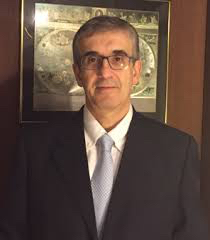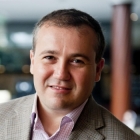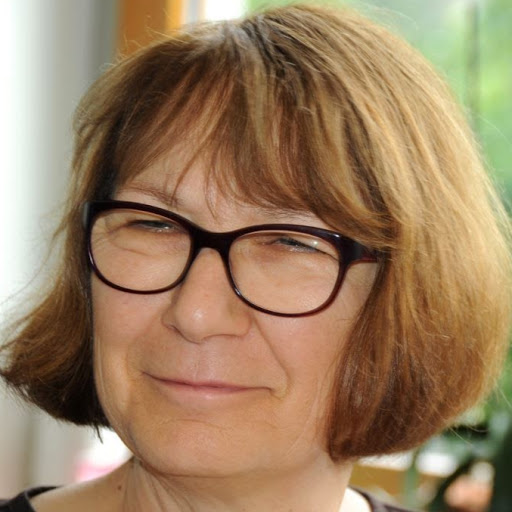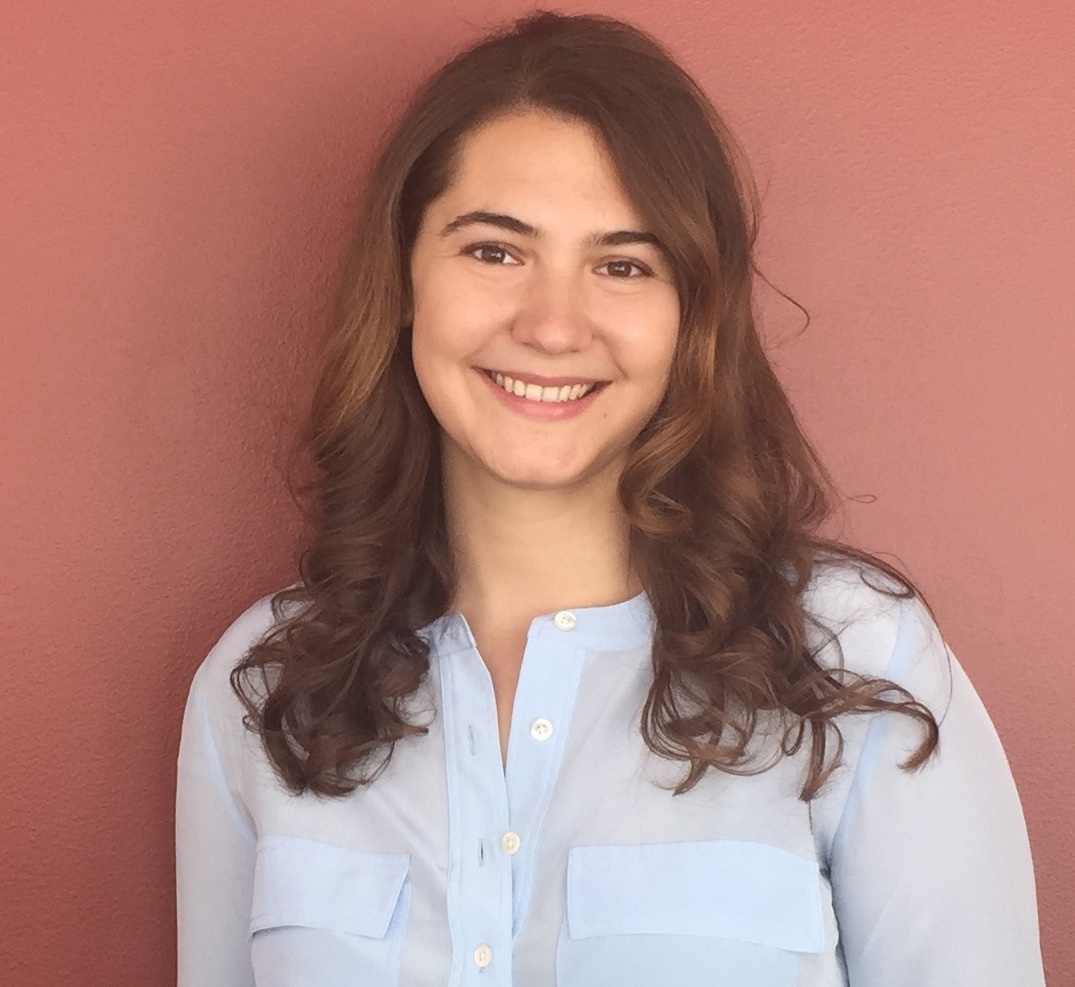
Dr. David Fenstermacher
|
Dr. David Fenstermacher is currently the Vice President R&D-Bioinformatics at Medimmune, LLC. With more than 30 years of research experience as a molecular biologist and bioinformaticist, he has held several academic appointments at multiple universities and participated in several national and international informatics projects.
During his eighteen years in biomedical informatics, David has designed and directed the implementation of numerous bioinformatics and biomedical informatics distributed computing systems to support basic, translational and clinical research, including multiple institution research projects. He has also designed data warehouses that integrate patient-level clinical data, genomics (genome-wide association studies, massively parallel sequencing, array-based technologies) and other ‘omics data to support studies focused on cancer and other human diseases. Data management systems designed by David have included: collection and integration of subject clinical data; data quality methodologies, development of web-based forms for input, storage and retrieval of clinical and research data, customized data representations using data governance principles and data sharing technologies. Most recent academic research focused on developing informatics resources that span the informatics continuum of Bioinformatics, Biomedical Informatics and Clinical/Medical Informatics specifically for precision medicine including clinical decision support, and health outcomes research.
Before joining MedImmune, David served as the Chief Research Information Officer for Virginia Commonwealth University (VCU) and was Founding Chair of the Department of Biomedical Informatics at the H. Lee Moffitt Cancer Center.
David received his B.S. in Biology from Bloomsburg University of Pennsylvania and his PhD in Molecular Biology and Genetics from the University of North Carolina at Chapel Hill.
|
| |
|

Dr. Dimitris Fotiadis
|
Dr. Dimitris Fotiadis received the Diploma degree in chemical engineering from the National Technical University of Athens, Athens, Greece, in 1985, and the Ph.D. degree in chemical engineering and materials science from the University of Minnesota, Minneapolis, in 1990. He is currently a Professor of Biomedical Engineering in the Department of Materials Science and Engineering, University of Ioannina, Ioannina, Greece, where he is also the Director of the Unit of Medical Technology and Intelligent Information Systems, and is also an Affiliated Member of Foundation for Research and Technology Hellas, Institute of Molecular Biology and Biotechnology, Dept. of Biomedical Research. He was a Visiting Researcher at the RWTH, Aachen, Germany, and the Massachusetts Institute of Technology, Boston. He has coordinated and participated in more than 200 R&D funded projects. He is the author or coauthor of more than 220 papers in scientific journals, 400 papers in peer-reviewed conference proceedings, and more than 45 chapters in books. He is also the editor or coeditor of 25 books. His work has received more than 8500 citations (h-index = 46). He is a senior member of IEEE, member of IEEE Technical Committee of information Technology in Healthcare and the Editor in Chief of IEEE Journal of Biomedical and Health Informatics and Associate Editor for Computers in Biology and Medicine. His research interests include multiscale modeling of human tissues and organs, intelligent wearable/implantable devices for automated diagnosis, processing of big medical data, sensor informatics, image informatics, and bioinformatics.
|
| |
|

Dr. Colin Brenan
|
Dr. Colin J.H. Brenan is a serial life sciences entrepreneur and senior executive with 30 years experience in scientific research, project management, product development, strategic marketing and financing of early-stage life science companies. Dr. Brenan is currently a Founder and Chief Commercial Officer for HiFiBiO BV (www.hifibio.com). Formerly he was Managing Director of the Monsanto-Atlas Seed Fund Alliance at Atlas Venture (Cambridge, USA) where he identified and invested in seed and early-stage life science companies. Prior to Atlas, Dr. Brenan was Director of Strategic Relationships for the Center for Integration of Medicine and Innovative Technology (Boston, MA) where he implemented CIMIT�s innovation strategy with external partners, raised $6M in funding and launched a start-up (Organ Solutions) from the CIMIT Accelerator.
Previous to joining CIMIT, Dr. Brenan was the Founder, Chief Technology Officer and Senior Vice President, Business Development for BioTrove Inc. (Woburn, USA), a life science tools and consumables company spun-out from the Massachusetts Institute of Technology (MIT) and acquired by Life Technologies Inc. (LIFE:NASDAQ); and a Founder of Biocius Inc., a drug development instrument and service provider spun-out from BioTrove and acquired by Agilent Inc. (A:NYSE). At Biotrove, he was responsible for development of the OpenArrayTM and RapidFireTM products, expansion of the intellectual property portfolio from one patent application to 76 issued and pending patents, $8M in strategic sales and was the lead or co-lead in raising $30M of investment capital from corporate and venture capital partners. BioTrove is a MIT TLO Success Story, winner of the 2009 North American Frost & Sullivan Award for Growth Strategy Leadership of the Year and the acquisition of BioTrove by Life Technologies was voted one of the top ten M&A transactions of 2009 by PriceWaterhouseCooper.
Dr. Brenan is the inventor on 17 US and 18 foreign patents, and published +50 peer-reviewed journal articles, book chapters and reports in the fields of bio-microsystems, confocal microscopy, spectroscopic imaging and microsurgical robotics. He has over a decade of experience in consulting for the US National Institutes of Health and is a reviewer for IEEE, IEE, and AIP journals. Dr. Brenan is a Senior Member of the IEEE-EMBS, the Founder and former Chair of the EMBS Boston Chapter (2002-2007), the EMBS Region 1 Representative (2002-2005), the EMBC 2011 co-Chair and is Editor-in-Chief of IEEE PULSE Magazine (2013-present). He received his B.Sc. (Honors Physics), M. Eng. (Electrical), and Ph.D. (Biomedical Engineering) from McGill University (Montreal, Canada) and completed post-doctoral training at MIT (Cambridge, USA).
|
| |
|

Prof. Utkan Demirci
|
Dr. Utkan Demirci is currently a Professor at Stanford University School of Medicine, Canary Center Early Cancer Detection. Prior to his Stanford appointment, he was an Associate Professor of Medicine at Brigham and Women's Hospital, Harvard Medical School and at Harvard-MIT Division of Health Sciences and Technology serving at the Division of Biomedical Engineering, Division of Infectious Diseases and Renal Division. He leads a group of 20+ researchers focusing on micro- and nano-scale technologies. He received his B.S. degree in Electrical Engineering in 1999 as a James B. Angell Scholar (summa cum laude) from University of Michigan, Ann Arbor. He received his M.S. degree in 2001 in Electrical Engineering, M.S. degree in Management Science and Engineering in 2005 and Ph.D. in Electrical Engineering in 2005, all from Stanford University.
The Demirci Bio-Acoustic MEMS in Medicine Labs (BAMM) laboratory specializes in applying micro- and nanoscale technologies to problems in medicine at the interface between micro/nanoscale engineering and medicine. We apply innovative technologies to clinical problems. Our major research theme focuses on creating new microfluidic technology platforms targeting broad applications in medicine. In this interdisciplinary space at the convergence of engineering, biology and materials science, our goal is to create novel technologies for disposable point-of-care (POC) diagnostics and monitoring of infectious diseases, cancer and controlling cellular microenvironment in nanoliter droplets for biopreservation and microscale tissue engineering applications. These applications are unified around our expertise to test the limits of cell manipulation by establishing microfluidic platforms to provide solutions to real world problems at the clinic.
Demirci lab creates technologies to manipulate cells in nanoliter volumes to enable solutions for real world problems in medicine including applications in infectious disease diagnostics and monitoring for global health, cancer early detection, cell encapsulation in nanoliter droplets for cryobiology, and bottom-up tissue engineering. His research interests involve applications of microfluidics and acoustics in medicine, especially: microfluidics for inexpensive, disposable CD4 counts and viral load for HIV in resource-constrained settings for global health problems; 3-D bioprinting and tissue models including 3-D cancer and neural cultures. Dr. Demirci has published over 80 peer reviewed publications in journals including PNAS, Nature Materials, Nature Communications, Advanced Materials, Small, Trends in Biotechnology, Chemical Society Reviews and Lab-chip, over 150 conference abstracts and proceedings, 10+ book chapters, and an edited book. His work was highlighted in Wired Magazine, Nature Photonics, Nature Medicine, MIT Technology Review, Reuters Health News, Science Daily, AIP News, BioTechniques, and Biophotonics. His scientific work has been recognized by numerous national and international awards including the NSF Faculty Early Career Development (CAREER) Award (2012), and the IEEE-EMBS Early Career Achievement Award (2012). He was selected as one of the world�s top 35 young innovators under the age of 35 (TR-35) by the MIT Technology Review. In 2004, he led a team that won the Stanford University Entrepreneur�s Challenge Competition and Global Start-up Competition in Singapore. His work has been translated to start-up companies including DxNow Inc. and KOEK Biotechnology.
|
| |
|

Jack Ming Po
|
Dr. Jack Ming Po is a product manager at Google working on healthcare. Previously, he led BioDesign at Columbia University, where he also did his MD / PhD. He focuses on productivity, healthcare, math, and gadgets.- Jack started his entrepreneurial journey in the late 1990's as a high school student at Stuyvesant High School. He co-founded and led the technology team at a venture backed startup before being recruited to Wall Street by quantitative hedge fund D. E. Shaw & Co. Since that time, Jack has expanded his entrepreneurial activities outside of internet technology into medical devices. Jack is a 2011 Global Shapers at the World Economics Forum, a 2011 InSITE fellow, a 2011 Fellow in the Startup Leadership Program in New York, and currently serves on the board of several companies and non-profit organizations.
|
| |
|

Gudrun Zahlmann
|
Dr. Gudrun Zahlmann is currently the senior director imaging infrastructure at Hoffmann La Roche. She is a Biomedical Engineer and Biomedical computer scientist by training. She received her PhD from Technical University Ilmenau, Germany on in-vivo glucose sensor research. Gudrun has worked in different Universities and Research Institutes before she joined industry. Her research work started with in vivo sensors as input to artificial organs with feedback controlled actor systems. Then she contributed to decision making based on insecure and sparse information in different kinds of online systems including telemedicine solutions. This understanding of data information decision process and knowledge generation is now further developed for imaging data in a quantitative and qualitative manner. She is engaged in several international working groups dealing with quantitative imaging as biomarker. Gudrun is VO member and student activities of EMBS.
|
| |
|

Gozde Durmus
Junior Faculty
|
Dr. Gozde Durmus is a postdoctoral fellow at Stanford University; working at the Stanford Genome Technology Center. She received her Ph.D. degree in Biomedical Engineering from Brown University in May 2013, with a minor in Innovation Management and Entrepreneurship. She is also an alumna of the Ignite Program at the Stanford University Graduate School of Business. She was a Fulbright Scholar at Boston University and received her M.Eng. degree in Biomedical Engineering as a College of Engineering Fellow in 2009. She received her B.S. degree in Molecular Biology and Genetics from Middle East Technical University (METU) in 2007. In 2015, she has been recognized among the World's "Top 35 Innovators Under 35" (TR35), as a pioneer in biotechnology and medicine, by the MIT Technology Review.
Dr. Durmus develops and applies translational micro/nanotechnologies to study cellular heterogeneity and complex biological systems for single cell analysis and precision medicine. Her research philosophy is to apply these platforms to fundamentally understand and address the mechanisms of disease, with a specific emphasis on cancer. She has demonstrated magnetic levitation of living cells and applied this unique tool to perform ultra-precise density measurements, magnetic sorting and profiling of thousands of cells in seconds at single-cell resolution, which was not possible before with a bench top analogue. Her research in this field has led her to become deeply involved in cancer biology, single-cell sequencing and the development of new clinical diagnostics for precision medicine. Her unique technologies are used for wide range of applications in medicine, such as, label-free detection of circulating tumor cells (CTCs) from blood; high-throughput drug screening; and rapid detection and monitoring of antibiotic resistance in real-time. During her PhD, she has engineered nanoparticles and nanostructured surfaces to decrease antibiotic-resistant infections. Her passion is to bridge the gap between biology, engineering and medicine; to develop simple, inexpensive, easy-to-use, yet, broadly applicable platforms that will change the way in which medicine is practiced as well as how patients are monitored, diagnosed and treated for precision medicine.
Dr. Durmus has authored papers in journals including Nature Materials, PNAS, Advanced Materials and Nature Scientific Reports. Her work was recognized and highlighted by various prestigious journals and media outlets, such as Science, New Scientist, Popular Mechanics, AIP News, Tech Times. Her research achievements have been recognized with ITI Young Investigator Award from Stanford University, STAR Award Honorable Mention by the Society for Biomaterials, Graduate Student Recognition Award from Brown University, Entrepreneurial Fellowship from National Science Foundation (NSF) & Slater Technology Fund and Fulbright Scholarship. She was also a finalist for the national CIMIT Student Technology Prize for Primary Healthcare in 2012.
|
| |
|







